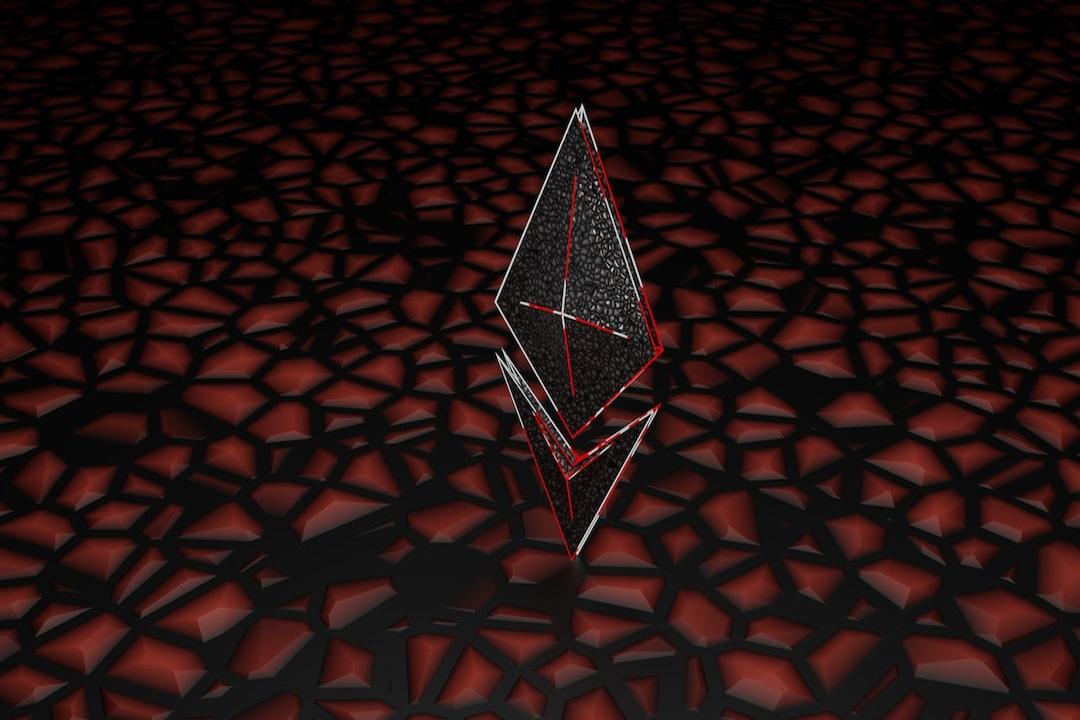Ethereum’s co-founder, Vitalik Buterin, recently expressed his concerns about the centralization disadvantages of the Proof of Work (PoW) system. In a post, he responded to members of the Ethereum community who preferred to stick with PoW instead of transitioning to a different system.
The discussion began when Amanda Cassatt, CEO of Serotonin, stated that there were individuals who regretted Ethereum’s transition to Proof of Stake (PoS). She highlighted the risks of centralization and power imbalances that come with PoS, claiming that it removed the initial checks and balances in the ecosystem, leading to more centralized validation.
Buterin joined the conversation and acknowledged that PoW was also centralized to some extent. However, he argued that this centralization was less noticeable when PoW was the consensus mechanism in Ethereum. To support his point, he shared a chart showing the control that Ethereum miners had under PoW. The chart revealed that Spark Pool had 33% of the mining power, Ethermine had 21%, and other miners like Zhizhu.top, Nanopool, and F2Pool also had significant control.
Buterin also highlighted that the centralization of Ethereum’s PoW went unnoticed because stakeholders knew it was a temporary phase until the transition to PoS. He pointed out that Ethereum’s approach to PoS may have prevented significant developments in ASIC (Application-Specific Integrated Circuit) and eliminated the incentives for investing in ASICs.
In September 2022, Ethereum made the transition to PoS, and since then, validators have staked 32.5 million ETH tokens in the Beacon Chain stake contract, with a total value of over $101.5 billion.
Vitalik Buterin’s recognition of the centralization issues of PoW has caught the attention of the cryptocurrency world. His statement addresses the concerns of some Ethereum members who wished that the network had never transitioned to PoS.
Disclaimer: This article is not investment advice. Investors should be aware of the high volatility and risks associated with cryptocurrencies and should conduct their own research.


